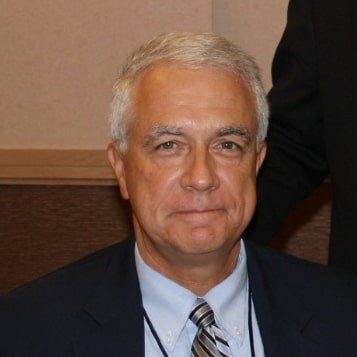Selling Hype or Giving Hope: Science and Pseudoscience in Autism Treatment
$20.00
BCBA CEUs: 1 Total CEU | 1 Ethics CEU
This discussion from the 2020 Michigan Autism Conference underscores the challenges faced in the field of autism treatment, where effective methods are often overshadowed by ineffective and unethical practices. Parents and caregivers, seeking the best for individuals with autism, may be misled by professionals who promote their treatments without delivering genuine positive outcomes. While all treatments claim effectiveness, it’s crucial to discern between hype and evidence-based strategies that truly improve the quality of life for individuals with autism.
Brand: CEUniverse
Description
Autism treatment has long been known as a ‘fad magnet’ that attracts well-vetted empirically-based effective treatments, but unfortunately, also attracts ill-advised, ineffective, and unethical treatments. Parents and caregivers seek effective ways of teaching skills, maximizing independence, and improving the quality of life for individuals with autism. They assume those professionals who have degrees, certifications, and visibility in the eld know what they are doing, and believe the hype and marketing that service providers disseminate about the methods they use. The proponents of all autism treatments assert that their treatments will work. They want parents and caregivers to be hopeful that their particular treatments will meet the goals and desires of those seeking treatment. However, the fact is that some treatment providers can only provide the hype without also delivering the effective outcomes of their therapy. Hype is freely given. Real hope, gleaned from evidenced-based strategies that produce objectively measured positive outcomes, is harder to come by.
About the Speaker
Dr. Thomas Zane is a Professor of Practice and the Director of Online Programs in Behavior Analysis in the Department of Applied Behavioral Science at the University of Kansas. Dr. Zane earned his Bachelor’s and Master’s degree in psychology at Western Michigan University and his doctorate in Applied Behavior Analysis at West Virginia University. He has served as a Post-Doctorate Research Associate at the University of Massachusetts and as a Research Scientist at Johns Hopkins University Department of Psychiatry. Dr. Zane serves on the Executive Board of the Cambridge Center for Behavioral Studies, the international organization that represents the eld of behavior analysis. He is also a member of the Scientific Council of the Organization of Autism Research, a group that funds innovative research in Autism Spectrum Disorders. Dr. Zane has been past President of the Ethics Special Interest Group of the International Association for Behavior Analysis. His research interests include online learning, evidenced-based practice in autism, and the philosophy of science and radical behaviorism. He is particularly interested in why some behavior analysts drift from the code and the importance of adhering to choosing scientifically supported treatments in clinical and educational work.
Free Preview
Below is the entire open-access version of this video. It does not contain embedded questions or interactions like the CEU version of the module.
10 reviews for Selling Hype or Giving Hope: Science and Pseudoscience in Autism Treatment
Sorry, no reviews match your current selections





Interesting presentation.
Love this speaker in general . . . Clear and timely examples provided . . .would have been good to be a two hour format, with second hour devoted to working with families on these issues . . . How to give them a tool kit for evaluation. Several of the warning signs of hype pointed out can easily be applied to ABA by anyone outside our field.
Informative for distinguishing what may be worth looking into more and what to let go by the wayside.
I was hoping that this would go over more about the hype and how to approach the conversations of hype with client’s and client care takers. It was very informative on how to identify the difference between “hype” and “hope” as a clinician .
Loved the real life examples and the helpful guidelines outlined to help identify practices that are pseudoscientific and sound too good to be true (“selling hype”).